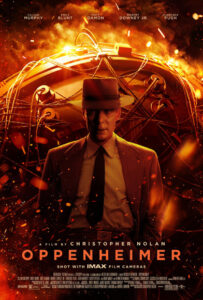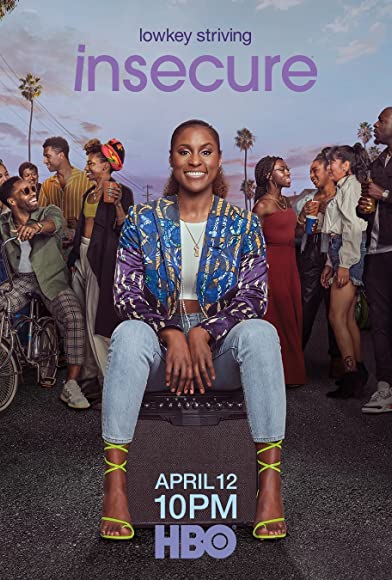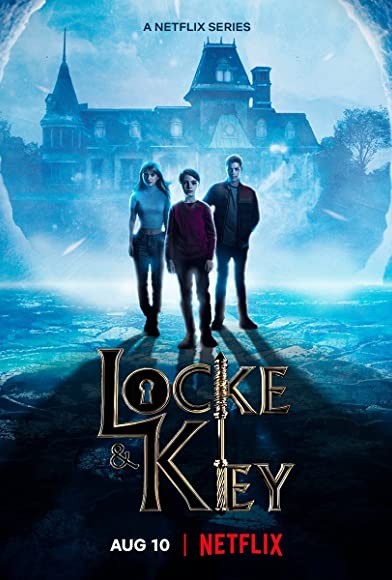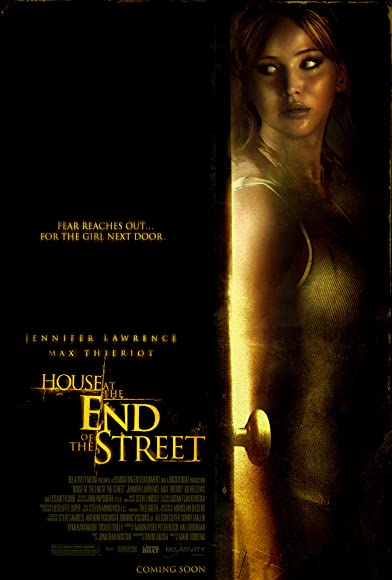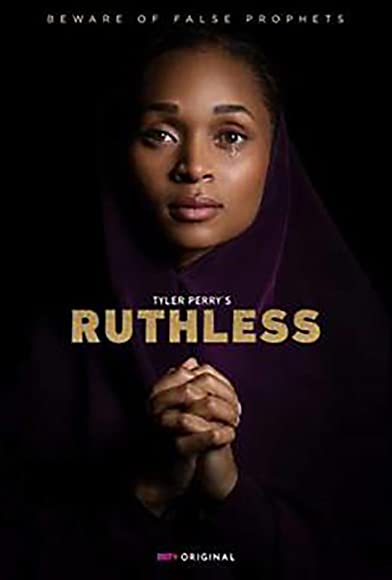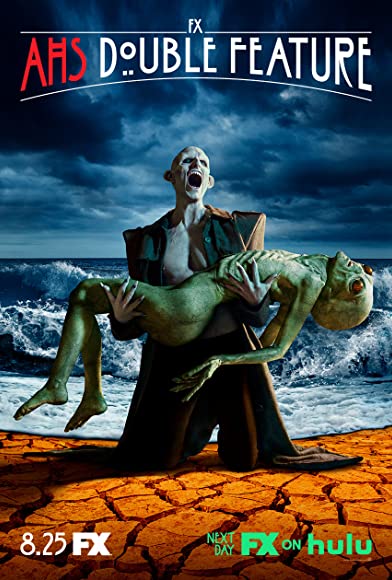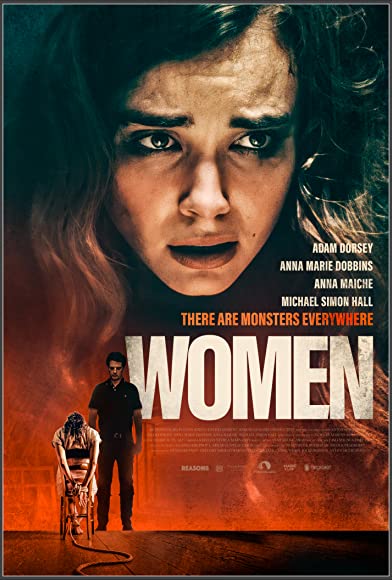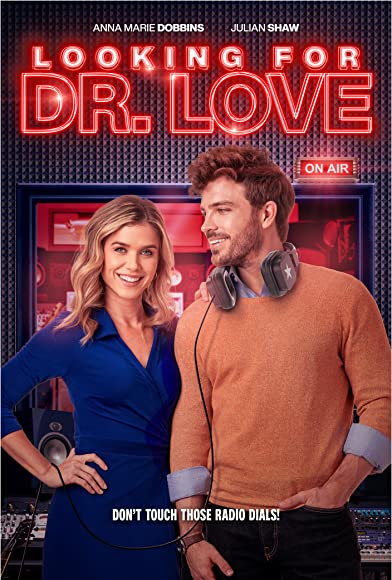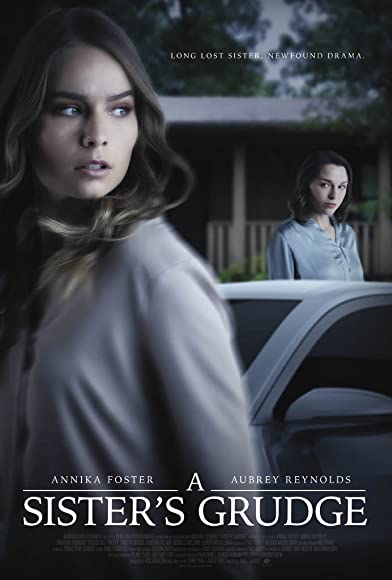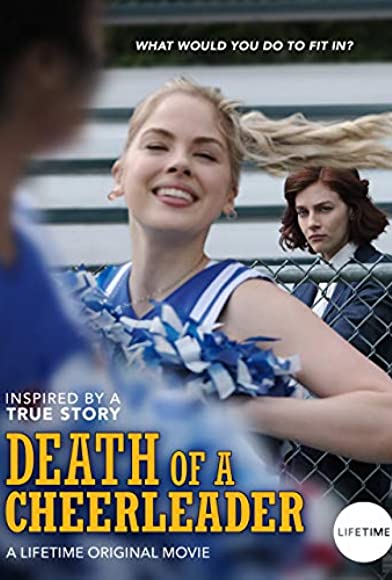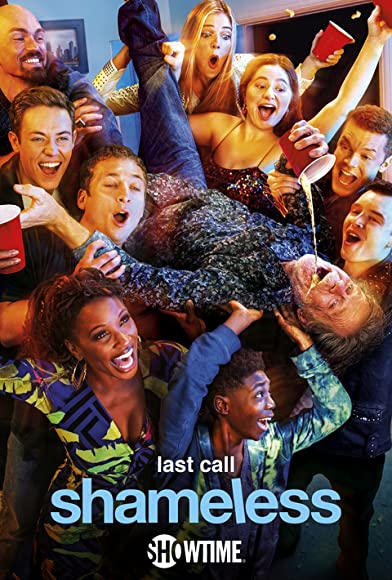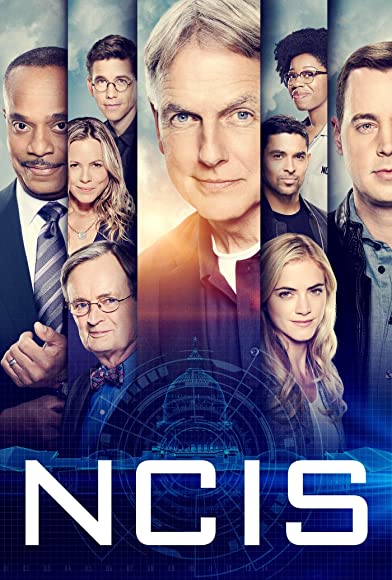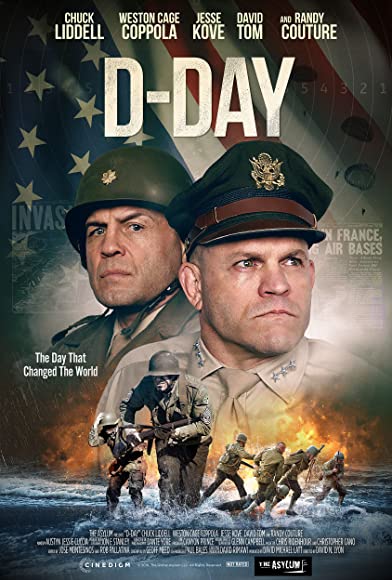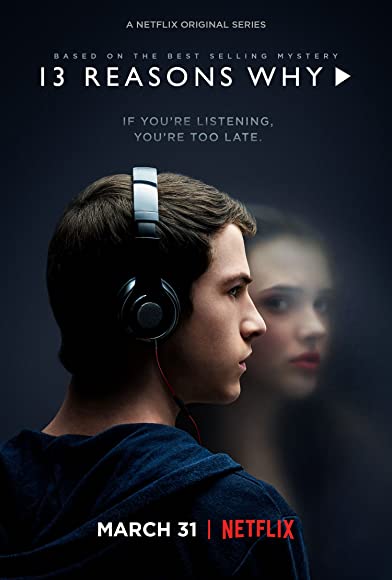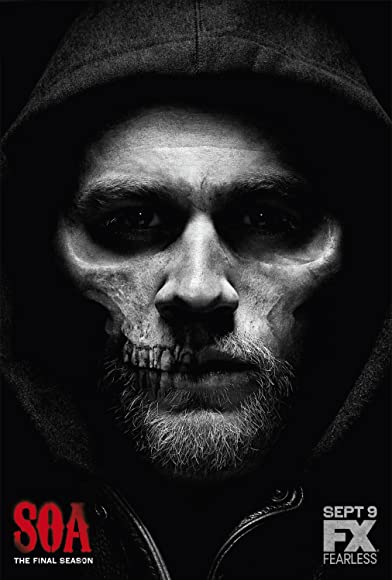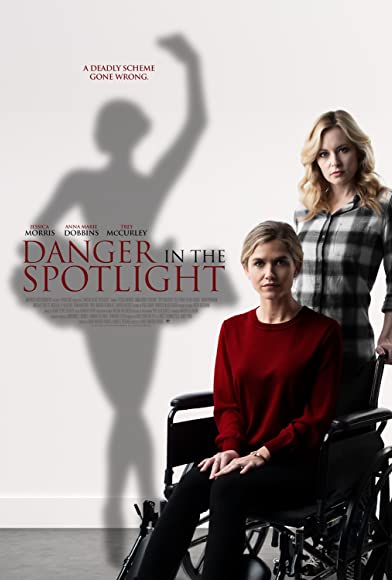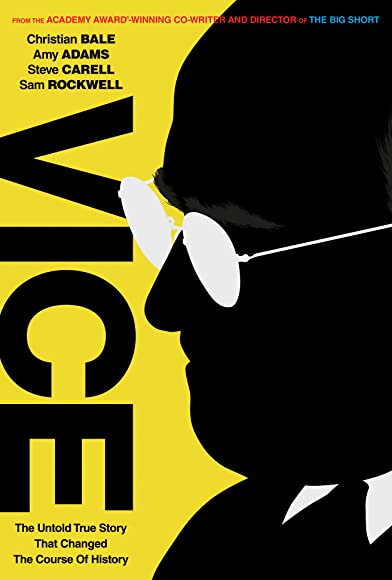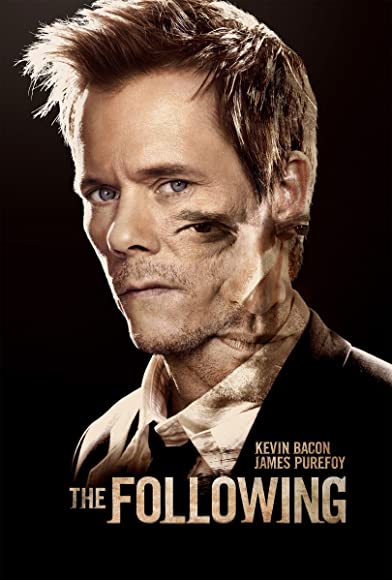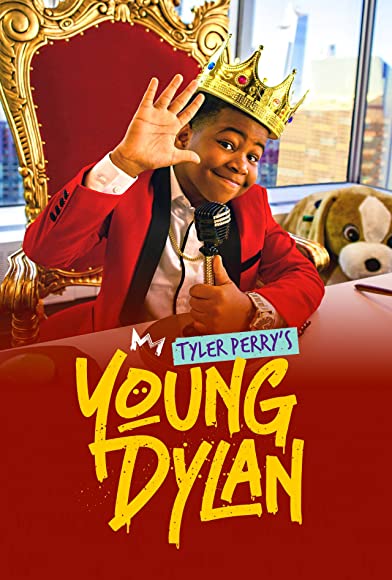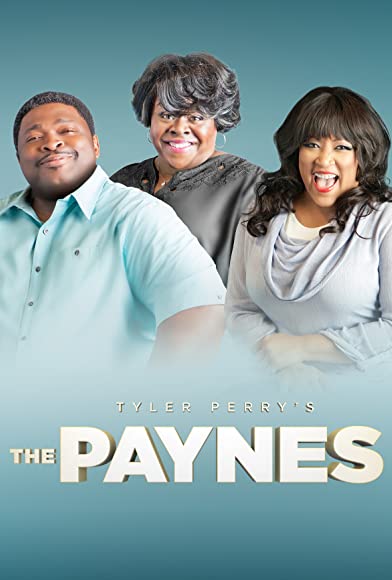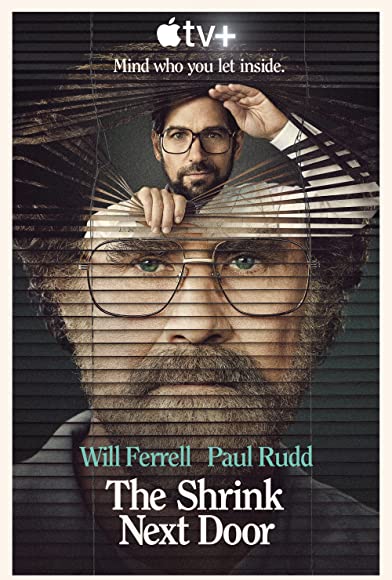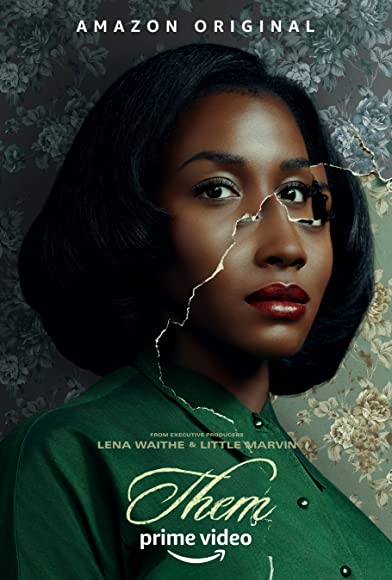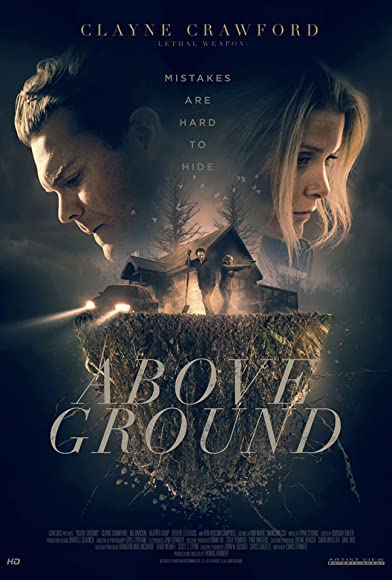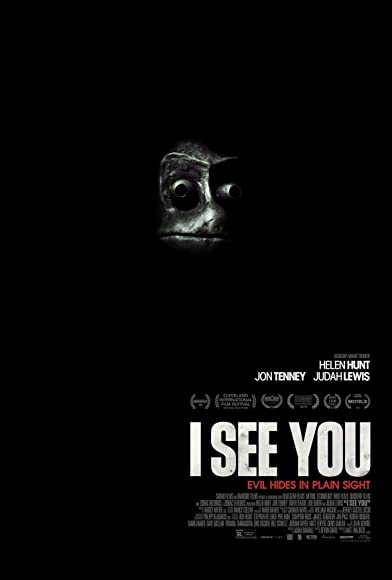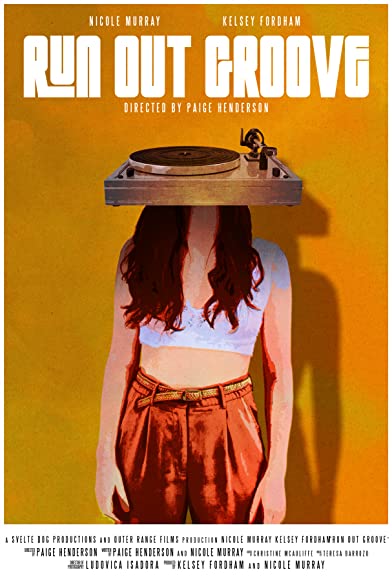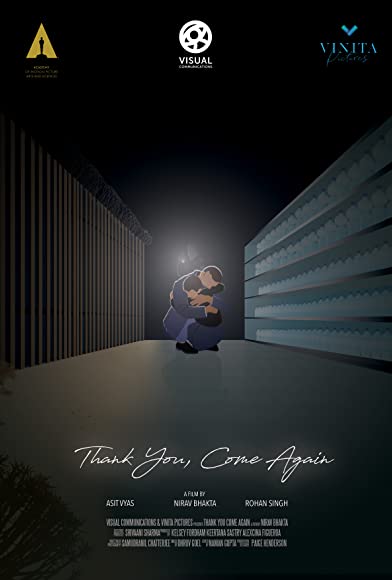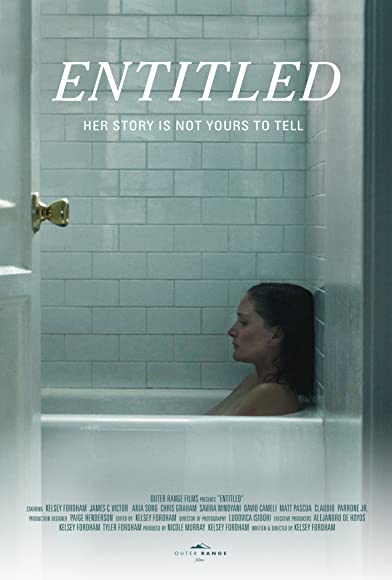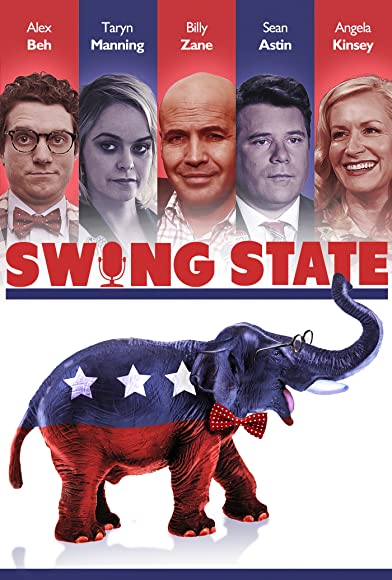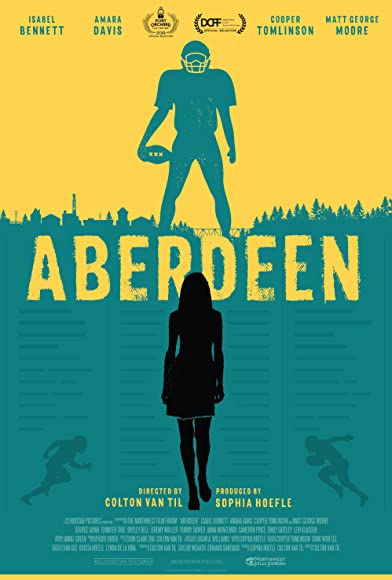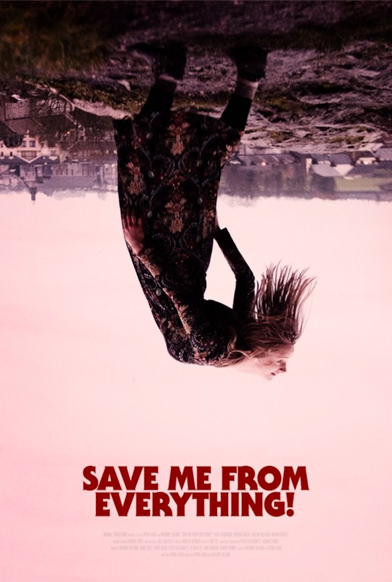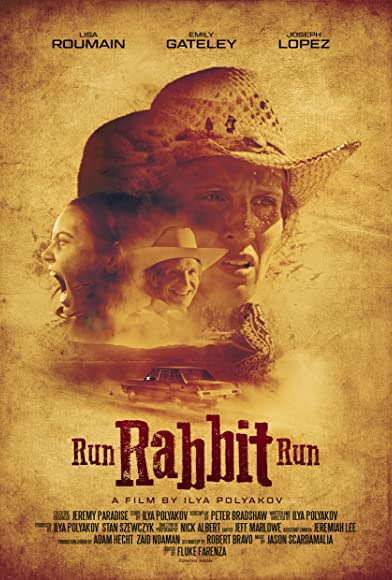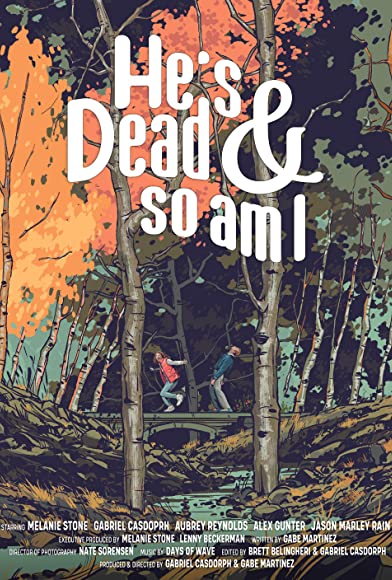 Like many actors, Carolyn Power gets private coaching. For an audition for Sarah Ruhl’s play The Clean House, she’s preparing a stitched-together monologue from August: Osage County, but Power has several other pieces to work on as well, including monologues from Wit and Twelfth Night and the Nurse’s speech from Romeo and Juliet. So she arrives with scripts in hand, focused and ready to take charge of her one-hour session with Bobby Weinapple in San Francisco.There are many reasons why longtime actors like Power see a private coach in addition to taking scene study classes: to prepare for an audition, for help with a specific acting challenge or role, to develop a new monologue. Actors who are just starting out may get private coaching because they’re intimidated by the idea of taking a class and being judged by their peers, or because they need dedicated time with a simpatico teacher. Like many actors, Carolyn Power gets private coaching. For an audition for Sarah Ruhl’s play The Clean House, she’s preparing a stitched-together monologue from August: Osage County, but Power has several other pieces to work on as well, including monologues from Wit and Twelfth Night and the Nurse’s speech from Romeo and Juliet. So she arrives with scripts in hand, focused and ready to take charge of her one-hour session with Bobby Weinapple in San Francisco.There are many reasons why longtime actors like Power see a private coach in addition to taking scene study classes: to prepare for an audition, for help with a specific acting challenge or role, to develop a new monologue. Actors who are just starting out may get private coaching because they’re intimidated by the idea of taking a class and being judged by their peers, or because they need dedicated time with a simpatico teacher.
Extra Eyes and Ears Los Angeles actor Patrick Kane wanted to brush up on his technique, some of which was getting rusty. In preparing for auditions, the Meisner-trained performer sometimes finds himself wondering, “Is there anything I could be missing with this character?” That’s when private coaching is useful: the second set of eyes. “I’m pretty good about capturing subtext, character relationships,” he says. “But sometimes a neutral eye can make it 100 percent better.” Lisa Marie Elliott sought coaching to prep for a particularly challenging stage role in New York; the coach helped her see how her character related to the rest of the story. Melanie Merkosky, a student in Kimberly Jentzen’s classes in L.A., also goes to Jentzen for private coaching. “There’s more time to explore,” Merkosky says. “That focus, attention, and energy–a half-hour or hour devoted solely to me–helps me.” Junko Goda got the sides for a feature film audition 36 hours in advance and sent them to a director she’d worked with and liked, then followed that with a private session with her. The two brainstormed, but when Goda arrived at the audition, she had to throw away everything they’d planned, because the directors wanted a different take on the material. Still, Goda says, because of the coaching, her confidence level remained high. New York actor Lorenzo Scott says classes with more than five students don’t work for him. The students can be at different levels, he explains, and often there’s no time to get all your questions answered. His private coach helps him sharpen his tools and suggests things he might have missed in scripts and monologues. Even Los Angeles TV and film coach Judy Kerr goes to colleagues Jentzen, Caryn West, or Scott Sedita when she has an audition or role. Prepare to Be Prepared Like Power, Kane comes to private sessions with ideas of his own. It’s not about the coach making choices for you, he says: “They point you in a direction and then let you go. Or they say, ‘Well, you could do it this way but alter that,’ rather than saying, ‘What the scene is really about is–.’ ” According to the coaches interviewed, arriving prepared is crucial. Don’t waste the coach’s time and your money. “I usually don’t drive the session,” Weinapple says. “The majority come in with ideas and are very open.” For Jentzen, it’s especially important that actors come with a clear goal: a script that needs work, an acting issue, a desire to build their emotional range, whatever. “In a group class, the dynamics and energy create the stakes,” she says. “The actor wants to make an impact in the room.” But in private sessions, “if an actor comes in without a goal or passion, then the stakes aren’t high enough and they won’t get as much out of the session.” Sedita agrees: “Bring as much homework to the private session as possible. Then the coach can sometimes just tweak or alter the performance, give you an adjustment, stronger intentions maybe. If you come with little preparation, the coach can only work from that.” Says Kerr, “My beginning actors a lot of times don’t understand that if they show up half-prepared, the session will be about how to prepare.” A coach can also recommend monologues. At Power’s session, Weinapple tells her the Wit monologue might not be her best choice. “Vivian is caustic and dry,” he explains, “and you don’t wear that color.” “Let me find it,” Power responds, but she also isn’t sure it’s the right choice for Anna, the role she covets in The Clean House. They discuss the emotions she wants to reveal in her audition, the vulnerability. When Power starts her August: Osage County monologue, Weinapple suggests she begin further along in the script: “For you, if you start in the wrong place, it leaves you no choice but to manufacture emotion.” Power agrees. A Matter of Trust One of the big attractions of private coaching is that it offers just this sort of safe, intimate working environment. Jentzen has found that actors can go to a really private place and be more forthcoming in one-on-one sessions. “In class, there’s peer pressure and they’re more self-conscious,” she says. “Often in coaching sessions they’ll tell you things which give you knowledge that will help you assist them.” It’s almost therapeutic, she adds. Actors might reveal why they have a certain block, and though Jentzen emphasizes the use of imagination rather than memories in her teaching, in private sessions she can often glimpse an actor’s essence–“their spirit, the invisible realm.” And actors preparing to audition, especially for film and TV, need to be able to access their most personal selves. Trust, of course, is paramount in private coaching. “This is not psychoanalysis,” says New York coach Catherine Gaffigan. “But as with a therapist, you do have to trust the coach. A lot of times there are problems with men teachers and women students–gender issues. That doesn’t happen with female teachers.” In Chicago, longtime teacher Ed Hooks is very aware that when he’s coaching women, they are alone with him in his home. “I do everything I can to make them feel safe,” he says. “You have to be a careful custodian of helping actors find their courage,” offers West, who coaches for stage and screen work on both coasts. “Actors are very suggestible, full of insecurities and sensitivities, and you can’t let them walk out the door without their courage.” Elliott agrees that actors are sensitive and intuitive by nature–and that intuition can come to an actor’s aid in a coaching session. Not only must you be sure a coach has the right credentials and experience; you need to evaluate his or her integrity in relation to the craft: How important is the craft to this person? How seriously does the coach take his or her role? Actors, she adds, can feel intuitively whether a coach is truly invested in teaching them. For Power, who has taken Weinapple’s classes for five years, the trust is palpable. He knows her strengths and weaknesses, and she clearly respects his input–though she’s not afraid to argue with him about the interpretation of a line. The session feels collaborative, and Weinapple says she’s one of his most motivated students. Class Welfare Most coaches agree that private sessions can’t replace group classes. “The goal of class is to develop, work out, keep the art alive,” says Jentzen. The give-and-take with fellow actors and the lessons learned from watching them are missing when you’re alone with a coach. But acting problems that crop up in class can often be solved privately. When an actor doing scene work feels something’s not right but can’t figure out what, a more concentrated private session may solve the mystery. “Private coaching is only valuable, as far as I’m concerned, if the actor is privy to a process,” says teacher Eric Morris, though he admits he sometimes coaches actors who have never been in his classes. For an actor, “nothing beats the experience of being in a classroom,” says Sedita, “the communal feel of being with others who are struggling through their careers.” It makes actors feel less isolated, and it’s important for them to be congratulated by classmates, he adds. “Actors need that for their confidence.” Hooks tells would-be coachees, “I can’t be your scene partner beyond script-in-hand cold reading. If you want to be an actor, you need to be working with other actors in a scene study situation.” On the other hand, he recently coached a nonstudent who knew nothing about acting but had somehow snagged an audition. “Many of the things I do in that kind of situation are designed to build confidence and a sense of fun,” he explains, “on the grounds that if she has that, she might get cast despite not being able to act.” Kerr says her main goal in coaching is to get the actor on the set, whereas sometimes the goal of a class is simply to have a great class–a reward in itself. But “if you’re consistently having the same issues come up in class, hearing the same notes over and over, it’s time to check in once or twice with a private coach,” she suggests, “to understand on a deeper level what the problem is.” The Trial of Tears Because so many actors go to coaches for help in accessing tears, it’s worthwhile to note West’s approach. An actor came to her saying she couldn’t be emotional enough. West told her not to worry about crying; instead they worked moment to moment on the script, seeking backstory and actions. “Emotions are a byproduct of actions, not ends in themselves,” says West. Soon enough, the blocked actor was playing actions fully–and crying naturally. Morris takes a different approach in coaching students with emotional blocks, usually putting them through exercises “to demonstrate what they can do on their own, not in class, to deal with demons, obstacles, fears.” In one private session, he helped a woman break through to tears by working with her to find her personal triggers: Her parents, it turns out, had shamed her out of crying. That’s the kind of collaborative work that’s not often done in a large class. Coaches, especially in Los Angeles, also often work on set, at the behest of actors or directors. Just as classes differ from private sessions, private sessions differ from on-set coaching. Coach Aaron Speiser says he loves all three forms and wouldn’t want to give up any: Classroom teaching is theatrical and exciting, private coaching offers an intimate dynamic, and on-set coaching is full of surprises, with the goal of producing results as quickly as possible. For Jentzen, on-set work is “instant gratification,” she says. “The actor is already cast; they don’t have to stretch into anything. So we make sure they’re relaxing and connecting at all levels.” Kerr, too, loves on-set coaching. She gets to help actors bring out their authentic selves, because, after all, that’s what they’ve been cast to reveal. Ultimately, as West says, “There are no cozy shortcuts” to learning to act. “It takes sweat and effort.” Which is why Power, gathering up her scripts and books, leaves her coaching session with homework assignments for the next meeting. Meanwhile, Weinapple greets his next client: an actor who wants help overcoming stage fright. |

